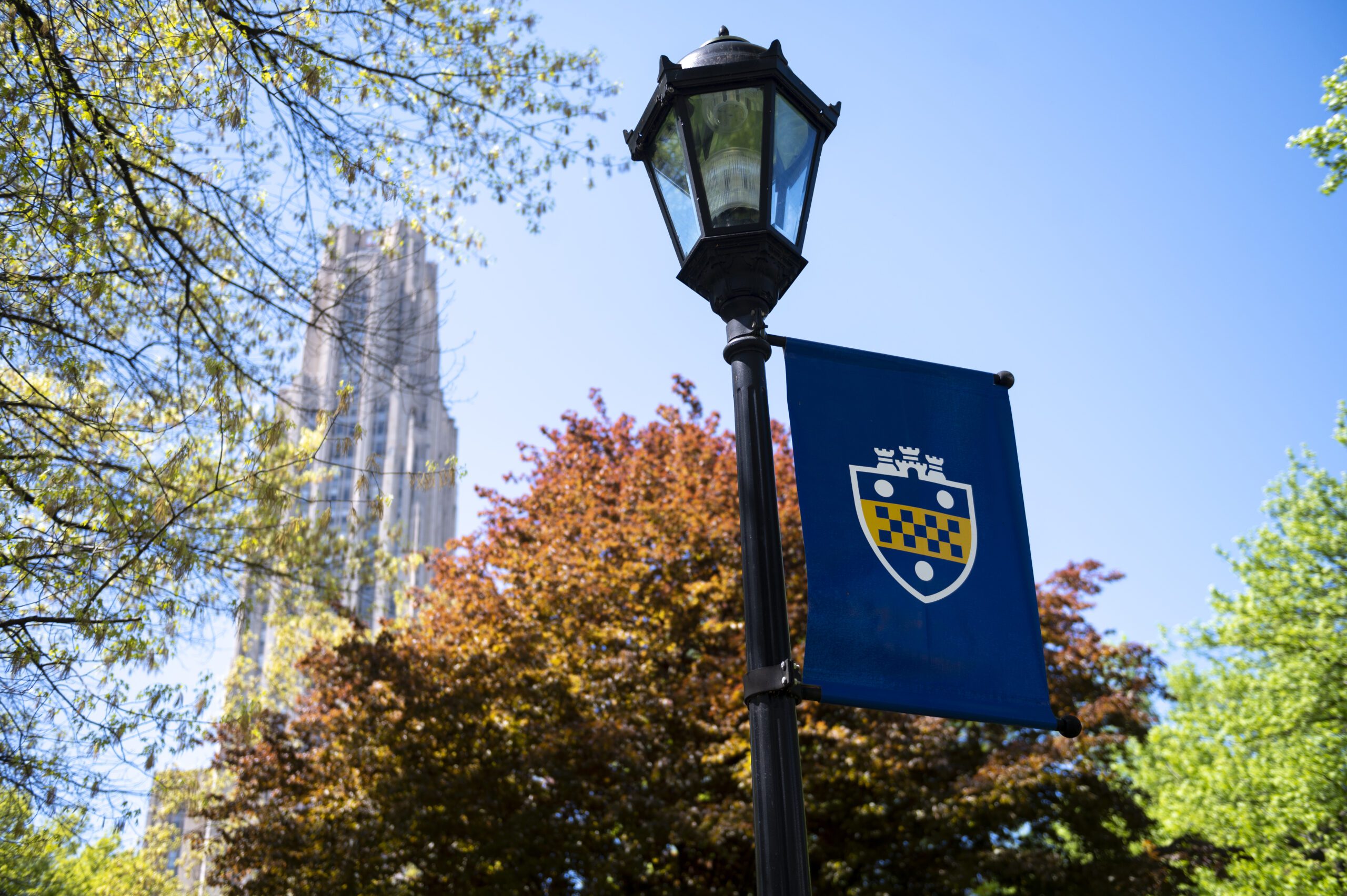Dr. Filipe Recch is a Visiting Assistant Professor of Practice in Educational Research at the University of Pittsburgh’s School of Education. Using methods from political science, comparative education, and data analysis, he studies how curriculum, governance, and policy affect educational outcomes.
One of Dr. Recch’s primary research agendas focuses on how K-12 textbooks in low- and middle-income countries affect different populations of students and the regionalization of education. Employing computational text analysis and Natural Language Processing (NLP), he studies large collections of curricular materials to identify patterns and understand how these vary in terms of space and populational characteristics. By adapting NLP methods to non-English contexts, his work with Brazilian textbooks has revealed that textbook content correlates with performance, school characteristics, and broader educational outcomes. Additionally, in a study of Indian textbooks, he found shifts in historical narratives that suggest evolving understandings of national identity and different population experiences.
Beyond curriculum analysis, Dr. Recch investigates how policy coordination and governance structures shape access to high-quality education. Focusing on decentralized systems, he has studied Brazil’s educational policy alignment across municipal and state governments, identifying conditions under which coordinated approaches can influence access to educational opportunities. This comparative perspective allows him to draw insights relevant to various contexts, including how parallel education systems—such as charter schools in the United States, selective schools in the United Kingdom, and private schools more broadly—may produce unequal learning opportunities.
Before pursuing his doctorate, Dr. Recch worked for five years in the social development and education departments of a state government in Brazil. He holds a Ph.D. in International Comparative Education and a Master’s degree in Political Science from Stanford University. Prior to joining the University of Pittsburgh, he served as a Postdoctoral Research and Policy Associate at the Blavatnik School of Government, University of Oxford.
Dr. Recch’s instructional experience includes both research-focused and quantitative courses at the graduate level.
He has taught applied research methods seminars as well as data analysis and methods courses.
- Comparative & International Education: Analyzing educational policies and practices across various national and regional contexts to identify effective approaches and understand systemic challenges.
- Curriculum Analysis: Examining the impact of K-12 textbook content on educational outcomes, with a focus on how curricular materials reflect and shape societal values.
- Computational Text Analysis & NLP: Applying Natural Language Processing (NLP) and computational methods to analyze large-scale textual data, adapting techniques to diverse linguistic contexts.
- Educational Policy & Governance: Investigating how policy coordination and governance structures, including centralized and decentralized systems, influence educational quality and access.
- Recch, Filipe, Petherick, A., Hinton, R., Nagesh, R., Furst, R., & Goldszmidt, R. (2023). Education data needs and challenges for building back from COVID-19. Epidemics, 43, 100673.
- Recch, Filipe, Lopes, V. B. S., & Hoogerbrugge, L. (2022). From structural reforms to controversial changes: The education policy landscape in Brazil. In Examining educational policy in Latin America (pp. 58–74). Routledge.
- Recch, Filipe, Lopes, V. B. S., & Hoogerbrugge, L. (2021). Superando las adversidades: Como Ceara y Pernambuco se convirtieron en una referencia de las polıticas educativas de Brasil. In Las llaves de la educacion: Estudio comparado sobre la mejora de los sistemas educativos subnacionales en América Latina- libro dos. Fundación Santillana.
- Carnoy, M., Marotta, L., Louzano, P., Khavenson, T., Recch, Filipe, & Carnauba, F. (2017). Intranational comparative education: What state differences in student achievement can teach us about improving education—the case of Brazil. Comparative Education Review, 61 (4), 726–759.
- National Institutes of Science and Technology Program (INCT) – Brazil 2023 – 2028 (∼R$5,000,000/$1,000,000) INCT Qualidade de Governo e Políticas para o Desenvolvimento Sustentável – QUALIGOVThis project unites researchers in political science and public administration to produce knowledge on government and policy. It brings together research groups to deepen understanding of three areas: Government and Political Institutions; Sustainable Development and Social Inclusion; and Judicialization, Justice, and Citizenship Access. https://qualigov.pro.br/
- National Council for Scientific and Technological Development (Conselho Nacional de Desenvolvimento Científico e Tecnológico – CNPQ/Brazil) Open Call Grant: 2023 – 2026 (∼R$200,000/$50,000) – Research grant in partnership with the Federal University of Minas Gerais.Unilateralismo administrativo dos presidente na Am´erica Latina: seletividade regulatória e particularismo.
Title in English: “Administrative Unilateralism of Presidents in Latin America: Regulatory Selectivity and Particularism”.
- Associate Member – St Anthony’s College/University of Oxford (UK) | 2023 – 2024
- Lemann Fellow Graduate School of Education, Stanford University (California, USA) | 2015 – 2022

